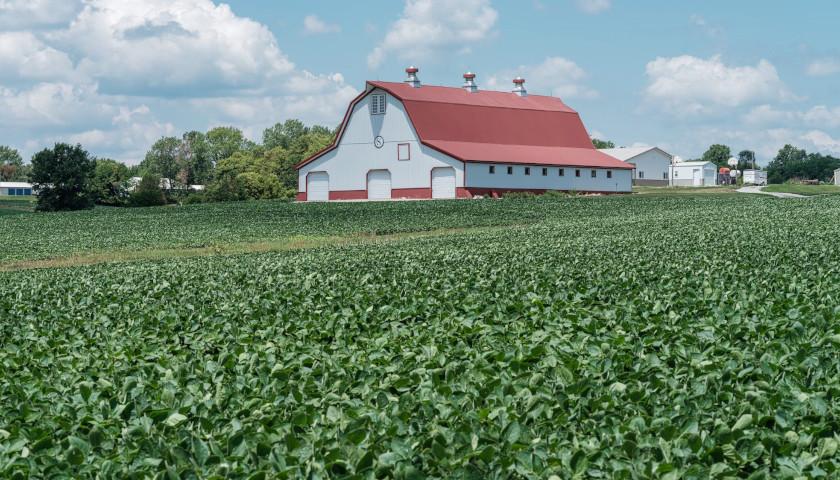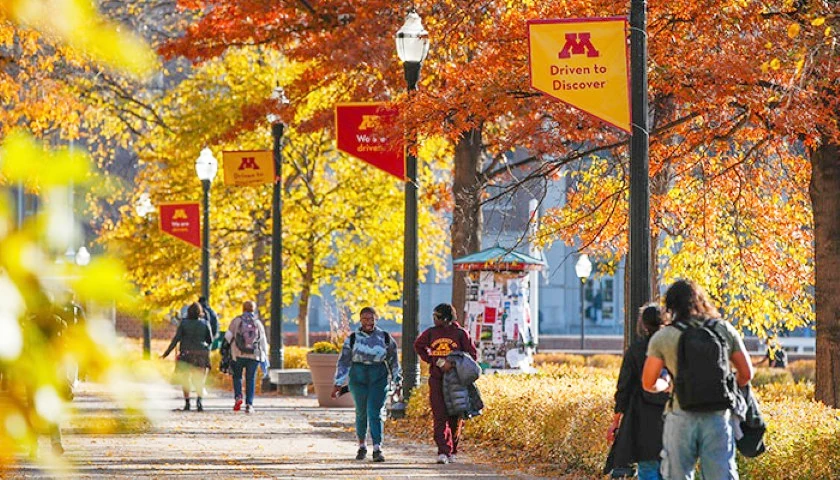by Will Kessler
Wall Street is moving to buy up U.S. farmland in hopes that it will be a safe bet to hedge against inflation and concerning economic conditions, according to Reuters.
Investment funds have accumulated over a million acres of farmland in the U.S., a small part of the 900 million acres in the U.S. but significant for the market when looking at the pace of acquisitions, according to Reuters. The move from investors is drawing the concern of some, including lawmakers, who see the quick constraint on supply as a barrier for the next generation of farmers who can’t buy at the elevated price.
“It’s a hard asset,” David Gladstone, CEO of Gladstone Land, a real estate investment trust that owns 116,000 acres of farmland, told Reuters. “It’s like gold. It’s not going anywhere.”
 Since the Global Financial Crisis in 2008, the number of acres owned by investment funds has increased by 231% as of the second quarter of 2023, according to Reuters. The price of those assets has skyrocketed in value by 800%, or $16.2 billion, over that same time period.
Since the Global Financial Crisis in 2008, the number of acres owned by investment funds has increased by 231% as of the second quarter of 2023, according to Reuters. The price of those assets has skyrocketed in value by 800%, or $16.2 billion, over that same time period.
Investors hope that farmland is a safe bet amid rising inflation due to the always-growing need for food and the constraints on land from population growth, according to Reuters. By 2050, the United Nations predicts that the world will need 60% more food than it does today to feed its growing population.
Inflation remained elevated above the Federal Reserve’s 2% target in October, rising 3.2% year-over-year, down from a high of 9.1% in June 2022. The Fed, in an attempt to tame inflation, has raised its federal funds rate to a range of 5.25% and 5.50%, a 22-year high.
Chinese investors have also been increasingly purchasing farmland, facing calls in the U.S. to ban the purchases. Chinese investors purchased $6.1 billion in U.S. land in 2021, adding to the 353,140 acres the investors owned at the end of 2020.
“What they’ve done is establish a new floor,” Paul Schadegg, vice president of real estate operations at Farmers National Company, told Reuters. “If the next generation isn’t enticed to come back to the farm…then who’s going to own that land?”
Young farmers in particular are having a hard time entering the farming industry following the constraints on land and rising costs, with the average age of farmers rising from 56.3 years in 2012 to 57.5 years in 2017. Large-scale farms, meaning those with gross yearly profits over $1 million, rose from 35% of the total production value in 2011 to 46% in 2020.
– – –
Will Kessler is a reporter at Daily Caller News Foundation.








